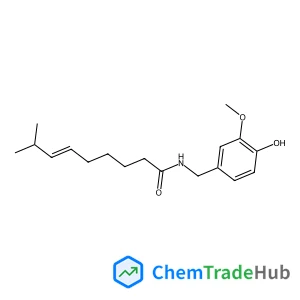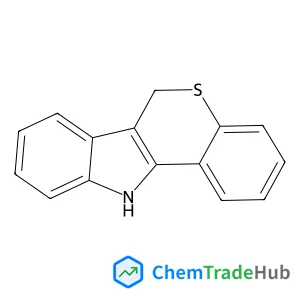Support studies toward the hicksoane alkaloids reveal cascade reactions of a (tryptophanamido)methylglycinate
文献信息
Stephanie Lee, Tilo Söhnel, Jonathan Sperry
Herein we report unanticipated results that emerged from a synthetic study targeting the unique triazocane present in the hicksoane alkaloids. An initial strategy focused on the cyclisation-ring expansion of a 3-(tryptophyl)imidazolidin-4-one failed due to the high reactivity of the imide unit; passing a methanolic solution of this compound through a weakly basic ion exchange resin led to methanolysis to form a (tryptophanamido)methylglycinate. Attempted lactamisation of this (tryptophanamido)methylglycinate led to the formation of a (tryptophyl)imidazolidin-4-one, a rare imidazopyrido[3,4-b]indolone and a β-carboline. Control reactions informed a mechanistic rationale for these cascade processes.
相关文献
IF 6.367
Heterogeneous toroidal spiral particles for islet encapsulationIF 6.843
Inside back coverIF 6.222
Mechanically stable and economically viable polyvinyl alcohol-based membranes with sulfonated carbon nanotubes for proton exchange membrane fuel cellsIF 6.367
Stabilizing synthetic DNA for long-term data storage with earth alkaline saltsIF 6.222
Electrospun hydrogels for dynamic culture systems: advantages, progress, and opportunitiesIF 6.843
Visible light-driven cross-coupling reactions of alkyl halides with phenylacetylene derivatives for C(sp3)–C(sp) bond formation catalyzed by a B12 complexIF 6.222
Synthesis and hydrogen evolving catalysis of a panchromatic photochemical molecular deviceIF 6.367
Contents listIF 6.843
Carbon-based photocatalysts for enhanced photocatalytic reduction of CO2 to solar fuelsIF 6.367
来源期刊
Organic & Biomolecular Chemistry
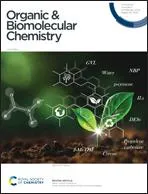
Organic & Biomolecular Chemistry (OBC) publishes original and high impact research and reviews in organic chemistry. We welcome research that shows new or significantly improved protocols or methodologies in total synthesis, synthetic methodology or physical and theoretical organic chemistry as well as research that shows a significant advance in the organic chemistry or molecular design aspects of chemical biology, catalysis, supramolecular and macromolecular chemistry, theoretical chemistry, mechanism-oriented physical organic chemistry, medicinal chemistry or natural products. Articles published in the journal should report new work which makes a highly-significant impact in the field. Routine and incremental work is generally not suitable for publication in the journal. More details about key areas of our scope are below. In all cases authors should include in their article clear rationale for why their research has been carried out.
推荐供应商
 辽阳石化亿方工业公司产品销售部
辽阳石化亿方工业公司产品销售部 赤峰瑞阳化工有限公司
赤峰瑞阳化工有限公司 DEKRA EXAM GmbH
DEKRA EXAM GmbH 东莞市创升机械设备有限公司
东莞市创升机械设备有限公司 Bertrandt Services GmbH
Bertrandt Services GmbH 武汉顺源昇生物医药科技有限公司
武汉顺源昇生物医药科技有限公司 国际商业系统(IBS)GmbH
国际商业系统(IBS)GmbH 星湖生物科技股份有限公司
星湖生物科技股份有限公司 马里诺·穆勒博士AG
马里诺·穆勒博士AG Emile Egger&Cie SA
Emile Egger&Cie SA










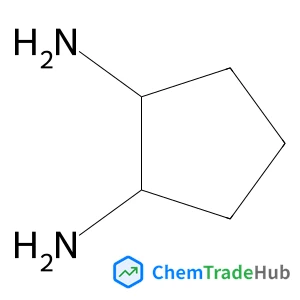
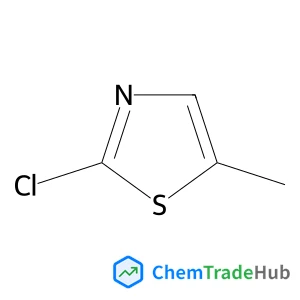
![500789-05-9 - (Betar)-2-氯-Beta-[[(1,1-二甲基乙氧基)羰基]氨基]-苯丙酸 500789-05-9 - (Betar)-2-氯-Beta-[[(1,1-二甲基乙氧基)羰基]氨基]-苯丙酸](/structs/500/500789-05-9-80b4.webp)
